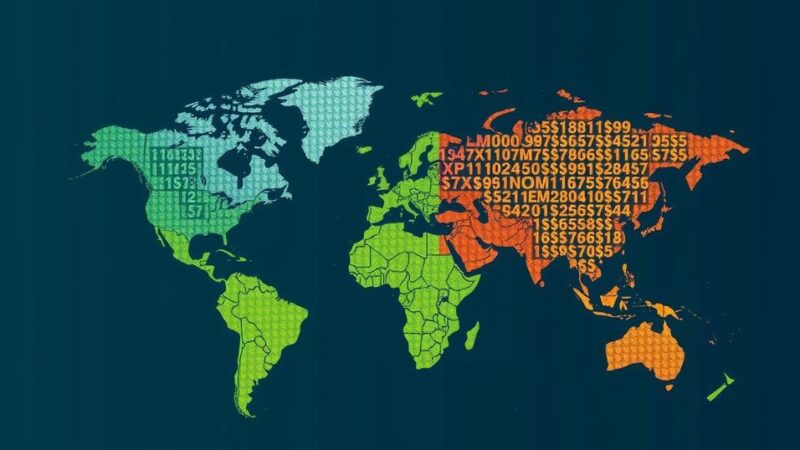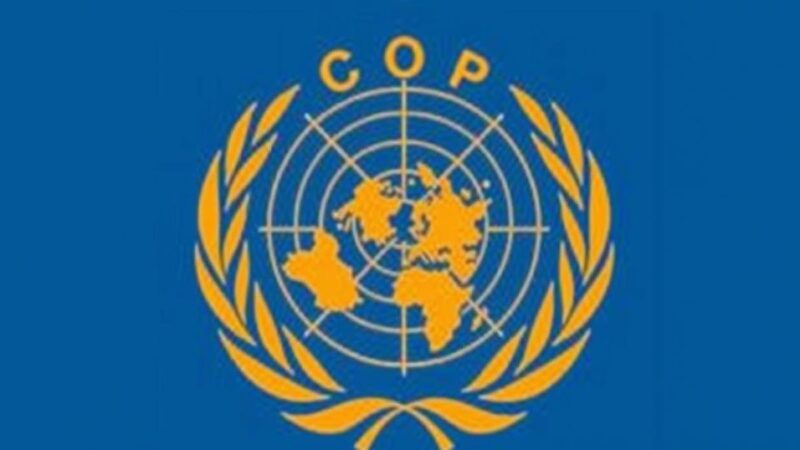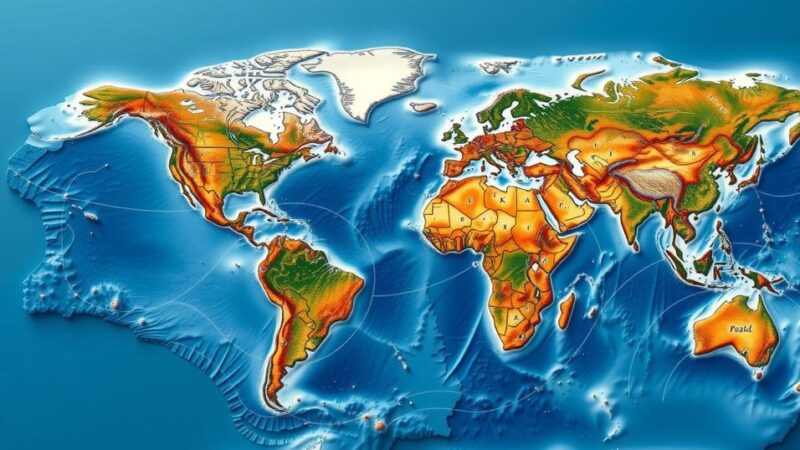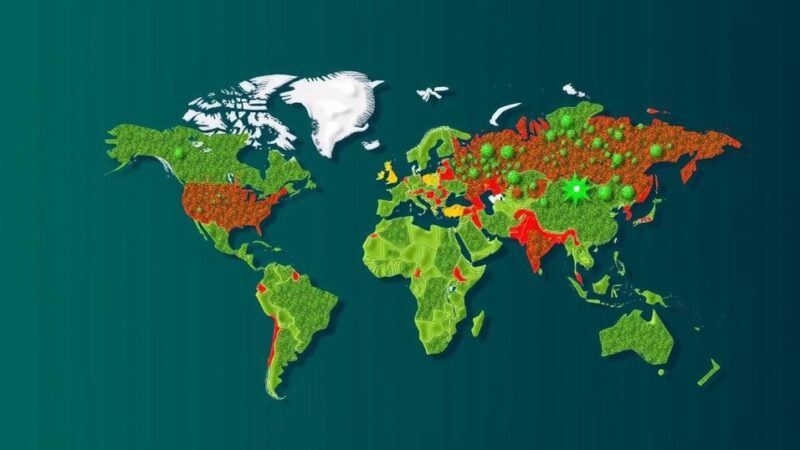Suriname’s Environment Minister, Marciano Dasai, highlights urgent climate adaptation needs driven by severe weather patterns, requiring substantial funding from wealthy nations. Suriname aims to leverage oil production revenue to support adaptation strategies, whereas neighboring Guyana, growing rapidly as an economy through oil, faces similar environmental challenges. Both countries exhibit a complex relationship between fossil fuel reliance and ecological sustainability.
Suriname and Guyana are facing the imperative of addressing climate adaptation amidst the pressing financing challenges that come with it. Suriname’s Environment Minister, Marciano Dasai, represents a nation beleaguered by catastrophic climate phenomena, including severe droughts and flooding. The country, despite its low emission levels due to its extensive rainforest area, requires substantial financial support to adapt to climate change impacts, with an appeal for richer nations to contribute what they owe. Suriname’s government plans to leverage its oil production as a means of financing these necessary adaptations. The GranMorgu project, expected to begin in 2028, aims to produce 220,000 barrels of oil per day while adhering to a green development strategy.
The Caribbean nations of Suriname and Guyana are grappling with significant environmental threats exacerbated by climate change, particularly flooding and rising sea levels. With a reliance on oil production for revenue in light of the urgent need for adaptation measures, these countries are walking a tightrope between economic growth through fossil fuels and environmental sustainability. Suriname, rich in forests, seeks to maintain its carbon-negative status while extracting oil responsibly. Guyana, on the other hand, has rapidly transformed into a major oil-producing nation, which has greatly enhanced its economy but presents its own set of risks and challenges related to climate vulnerability.
In conclusion, Suriname and Guyana’s reliance on oil extraction represents a complex interplay between economic necessity and environmental responsibility. Both countries voice urgent calls for financial aid from developed nations to combat the effects of climate change while simultaneously striving to harness their natural resources to fund adaptive measures. This dichotomy highlights a broader challenge faced by many developing nations in navigating the path toward sustainable development amid climate crises.
Original Source: www.renewablematter.eu






